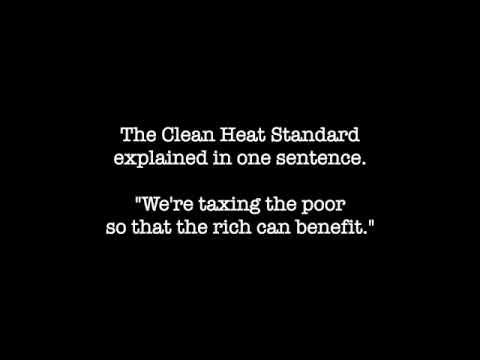The last time we checked in on the Technical Advisory Group (TAG) as they come up with rule recommendations regarding the Clean Heat Standard (CHS) for the Public Utilities Commission (PUC), they couldn’t decide who should own a financially valuable Clean Heat Credit created by a Clean Heat Measure (in…
Keep reading with a 7-day free trial
Subscribe to Behind the Lines: Rob Roper on Vermont Politics to keep reading this post and get 7 days of free access to the full post archives.



